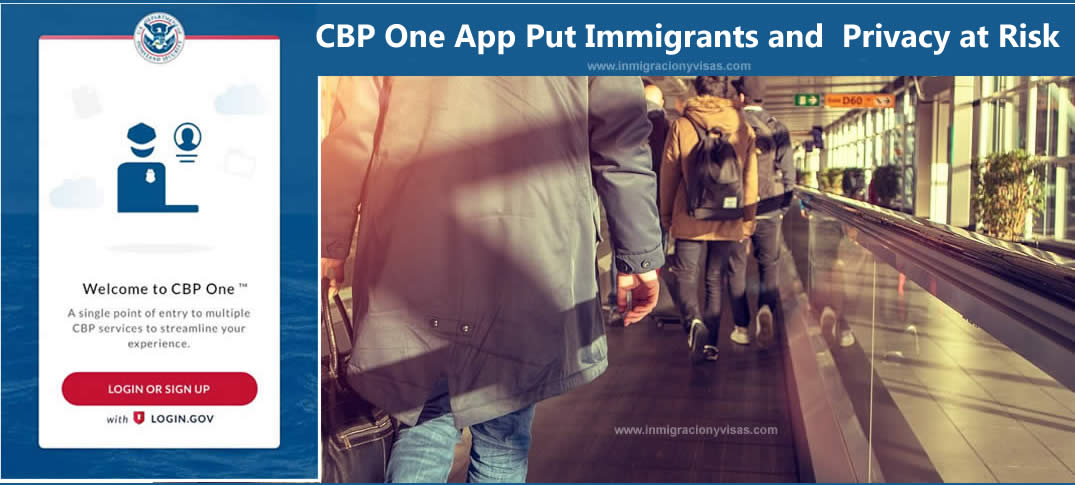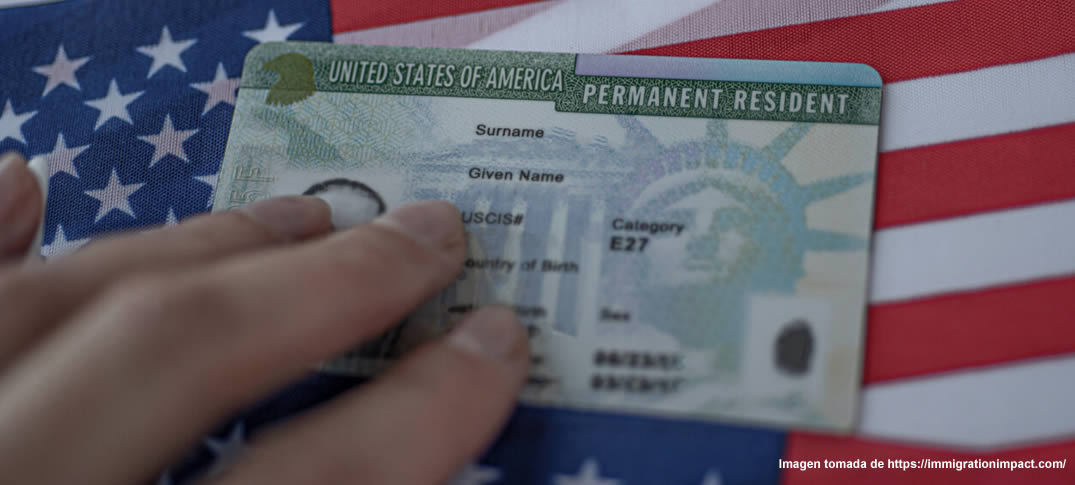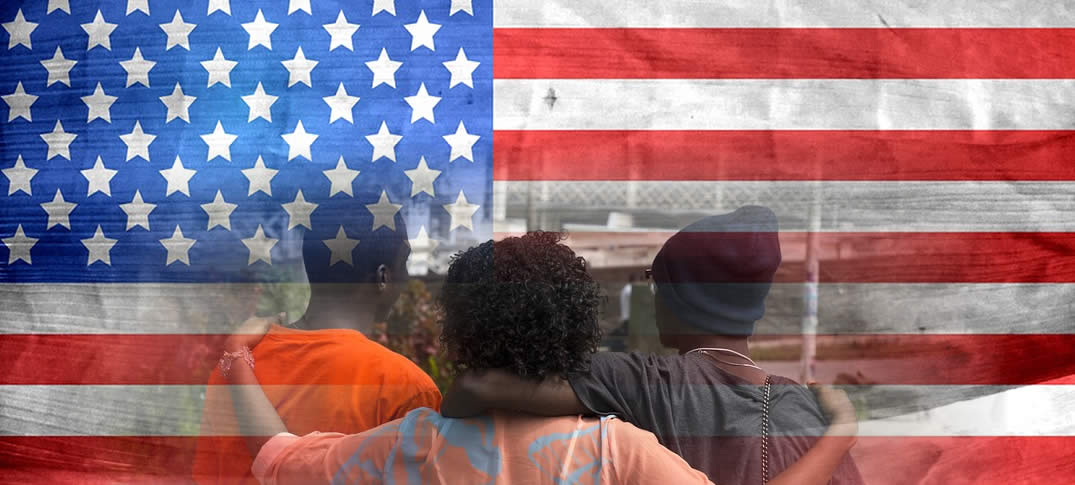Immigration—long central to the American experience—has dominated news coverage in recent years. Between 2016 and 2021 alone, record numbers of migrants arrived at the southern border; the Trump administration imposed travel bans on several Middle Eastern countries; immigrants played vital roles as essential workers in the COVID-19 pandemic; and the Biden administration called on Congress to reform decades-old immigration laws, to name just a few issues that have taken central stage.
The American Immigration Council’s Map the Impact, an annual analysis of U.S. immigration data, reveals notable shifts during this five-year period in the demographics of foreign-born residents and how they continue to make significant contributions to the American economy.
Population Shifts
Between 2016 and 2021, the immigrant population in the United States grew by 3.7%, or 1.6 million people. This accounted for 18.3% of the total population gain in the country.
At the same time, some immigrant sub-groups shrank. The number of refugees living in the United States decreased by 6.4%. The number of undocumented immigrants fell by 9.2%, while DACA-eligible residents dropped by 27.3%.
More information https://inmigracionyvisas.com/a5896-Immigrants-help-total-US-population-growth.html















